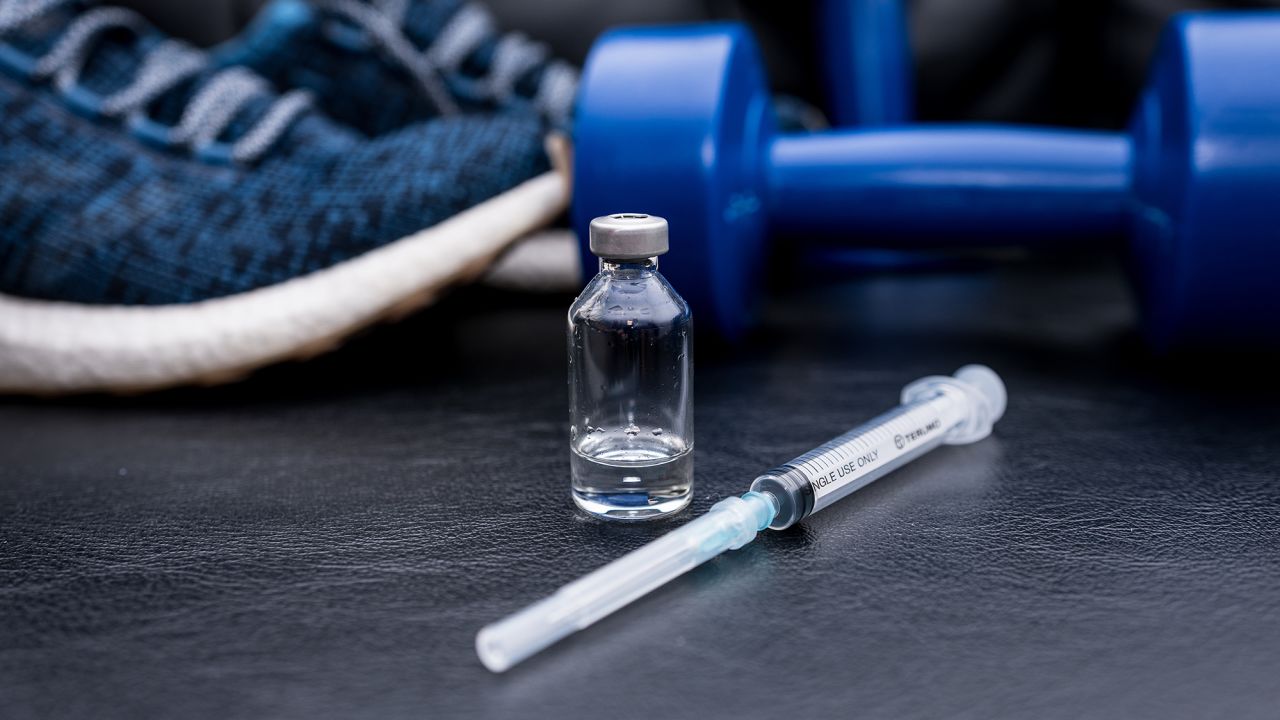Steroids have long captured the fascination of athletes, bodybuilders, and fitness enthusiasts. Often portrayed as a shortcut to achieving a chiseled physique and remarkable performance gains, these compounds have also sparked semaglutide for sale controversies and health concerns. In this article, we’ll delve into the world of steroids, separating fact from fiction, and discussing their uses, effects, risks, and legal considerations.
Steroids are a class of organic compounds that play crucial roles in various physiological processes within the human body. They can be broadly categorized into two main types: corticosteroids and anabolic steroids.promoting muscle growth, enhancing physical performance, and increasing the production of red blood cells.
These are naturally produced by the adrenal glands and are essential for regulating inflammation, immune responses, and metabolism. They are widely used in medical settings to treat conditions like asthma, arthritis, and allergic reactions.Anabolic Steroids:These are synthetic variations of the male sex hormone testosterone. hey are designed to mimic the effects of testosterone,
Anabolic steroids were initially developed to treat medical conditions such as delayed puberty, muscle-wasting diseases, and hormone imbalances. In controlled medical settings, they can offer benefits such as increased muscle mass, improved bone density, and enhanced recovery after surgery or injury.
Outside of medical contexts, anabolic steroids have gained notoriety as performance-enhancing drugs (PEDs). Athletes and bodybuilders have been known to use these substances to gain a competitive edge, pushing their physical limits and accelerating muscle growth. However, their misuse can lead to serious health risks.
